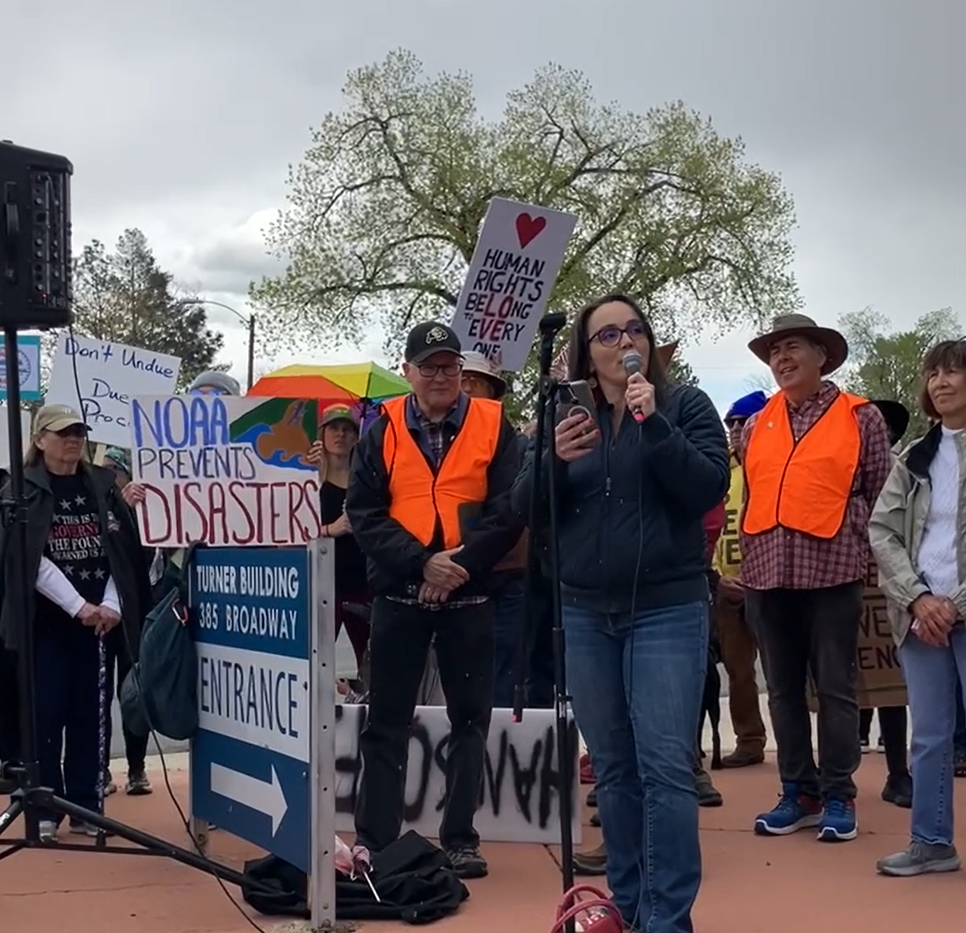Grief
I sent this letter to my newsletter after the November 2024 election. I am reposting it here as a reminder that grief is normal and actively processing grief is essential.

Dear friends,
I know many of you are feeling scared, shocked, and grieving after the election. If you expected a different outcome, I'm sorry for your grief. You're not alone. Many have walked this road, including me.
I remember my exhaustion and sadness after November 8, 2016, as I struggled to understand why my expectations were so wrong. I spent my spare time online, reading analyses that claimed to have The Answer.
Those weeks online didn't make me feel better. However, while searching for answers I remembered a dinner with a group of mom friends a few months before the election. When our conversation turned to politics, a woman from South America anxiously said, "I think Trump is going to win." I laughed and said, "That's impossible!"
I felt ashamed reliving that memory, but it was my first real clue to understanding.
In my world, someone who said terrible things about women, immigrants, and people of color could never be president. Others with more frequent experiences of oppression, like my friend, saw the world more clearly.
We all experience moments of oppression when someone tells us we can't do or say something because of a characteristic or situation outside of our control. But for people of color, people living in poverty, people with disabilities, immigrants, and so many others, oppression has never been a moment in time. It is a daily experience.
My friend Jovita Schiffer says, "Before we can move on from grief, we need to figure out what we are grieving: What do we think we lost?"
My sadness came into focus as I realized I was grieving my ignorance.
Recognizing the source of my grief brought a new round of clarity. Having discovered I was living with an incomplete picture of our country, I realized I had much to learn. And unlearn.
Many of the patterns of thinking I learned through formal education, books and movies, and my own experience in the world were wrong, including:
- We should avoid emotional and psychological discomfort (they are keys to growth).
- There is only one way to achieve a goal (there are many).
- Challenges are best addressed by working alone (we are stronger together).
It took me years to identify and mitigate these harmful ways of thinking. It was painful. I made a lot of mistakes. I fell into despair and pulled myself out more than once.
I also ran for public office twice. I deepened my relationships with remarkable people whose love and knowledge helped me become a more effective leader. I rediscovered joy as a necessary act of resistance.
We struggle to hold challenging emotions like grief. It's normal to rush to find solutions that will lessen our discomfort (e.g., action). This time, rather than rushing to find solutions, I hope you'll give yourself time to understand your grief. Once you know what you've lost, your next steps will be easier to find.
-Nicole



